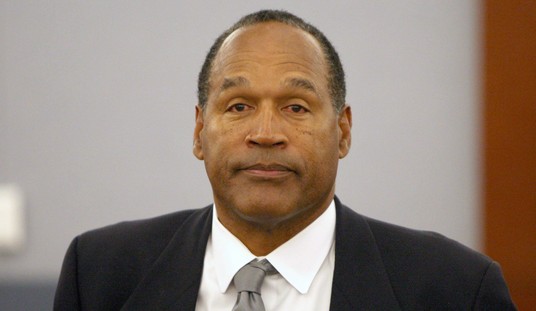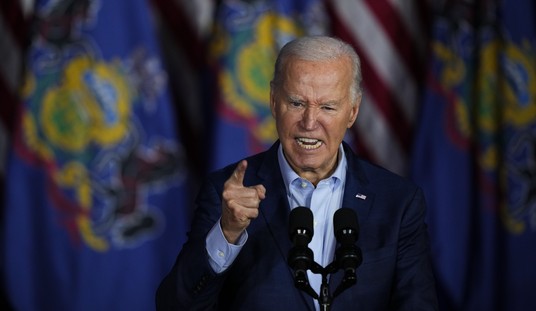If you follow the financial news, you have probably heard the phrase, “Stocks were up (or down) on news that . . .” The “news” that is referred to is always something having to do with some government economic report, or the market’s reaction to an interest-rate cut.
This makes sense—buying stocks is essentially betting on the future of the economy, and the best guide to that future is the actions of policymakers and financial markets. Correct?
Well, not necessarily. There is another—arguably more reliable—predictor of economic health: demographics.
Specifically, it is looking at the age of a population: the ratio of older people to younger people. That is one of the points explored in the brilliant documentary Demographic Winter. In it, a financial consultant tells a story about two charts on his desk. The first graphed the performance of the S&P 500 during the past few decades.
The second graphed the number of births during the “Baby Boom.” When he compared them, allowing for a 45- to 50-year lag representing people’s peak spending years, he found that the S&P’s performance and the number of births tracked almost perfectly. In other words, future prosperity is determined, to a significant degree, by the number of children being born today.
In hindsight, this ought to be obvious: Consumer spending drives the economy. The more people you have in their peak spending years, the more spending you have on everything from housing, to travel, and taxes paid. As a population ages, it spends less.
Recommended
This is also true of the rest of the world. The most famous example is Japan, which did not experience a post-war baby boom. This, combined with the low Japanese birthrate, caused its population to age sooner than the rest of its competitors.
When the post-war Japanese economic “miracle” came to a sudden halt in the ’80s, economic explanations abounded: bad loans, inflated real estate prices, government policies. No one mentioned the aging of the Japanese population. And that is still true today, even as the economy still staggers.
It is as if those experts are wearing glasses that will not let them see the connection between demographics and prosperity.
In fact, they are wearing such lenses—their worldviews. Thirty-plus years of “population bomb” rhetoric has caused most people to think that “overpopulation is one of the worst dangers facing the globe.” In fact, as Philip Longman, the author of The Empty Cradle, points out, “the opposite is true.”
As Longman notes in Demographic Winter, no society has both a shrinking population and a growing economy. The two are incompatible. Yet our culture denies the problem.
It could hardly do otherwise: As Demographic Winter documents, the “birth dearth” is largely the product of our values. Clearly, our society believes that individual self-satisfaction—measured in terms of material prosperity—is more important than the creation and welfare of future generations. The irony here is that our material prosperity depends on those future generations.
To solve the problem, we have got to ask ourselves, as I titled my book some years ago, “How now shall we live?” What is the biblical worldview? We need to see the world through new glasses—through God’s eyes.
























Join the conversation as a VIP Member